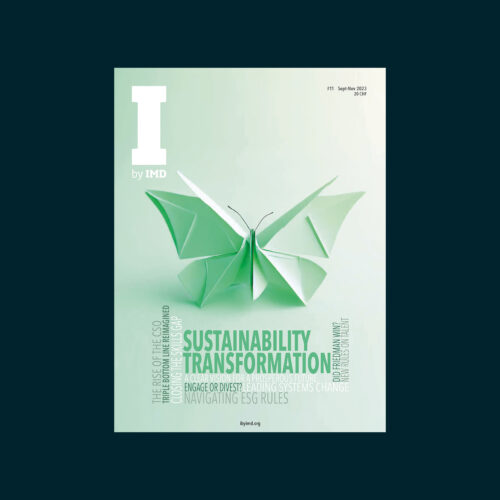The Church of England has effectively endorsed this third divestment argument – by selling its fossil fuel shares, it has appeared to accept that its engagement with the energy giants has not worked. This brings us back to Bill Gates’s point: by divesting, how have you made things better? You have merely sold your shares to investors who care less about climate change than you do.
The fourth argument in favor of divestment – and one frequently used – is that it worked in the case of South Africa. Just as sanctions helped to bring down apartheid, this argument goes, so divestment will force the fossil fuel companies into a change of course. This begs the question: did sanctions really help to bring down apartheid? It is understandable that many people think that they did – the two most illustrious opponents of apartheid, Nelson Mandela and Desmond Tutu, said so. Also, sanctions were imposed and apartheid ended. Isn’t it obvious that the one caused the other?
But correlation is not causation. A solid body of academic research suggests that sanctions were a marginal reason for apartheid’s downfall. This contrarian research is usefully summarized in a 1999 article in The American Economic Review by Philip Levy, then at Yale University. Drawing on writers such as Patti Waldmeir, the FT’s South African correspondent during the fall of apartheid, Levy says there is little evidence that sanctions substantially damaged South Africa’s economic performance. Far from wilting in the heat of trade sanctions, South Africa’s export volumes rose. The white South African business community often benefited from divestment. When foreign corporations withdrew from the country, local businesspeople could buy their South African subsidiaries at knock-down prices – and then conclude licensing deals with the departed parent companies.
If sanctions didn’t end apartheid, what did? Levy and Waldmeir have pointed to three factors. First, local opposition, strikes, and demonstrations were making South Africa increasingly ungovernable, adding to pressure for change. Second, apartheid’s restrictions on black workers doing skilled jobs were acting as a brake on the country’s development and attracting increasing opposition from local business leaders. Third, the Soviet Union collapsed. This deprived the African National Congress, the main opposition movement, of its key backer and made it more amenable to a negotiated settlement with the apartheid regime. In turn, the apartheid government, deprived of one of its most persistent arguments against change – that it was a Communist plot – realized, under pressure from business leaders, that the ANC was open to compromises that left whites with significant economic power.
Engage with equity, not debt
So, what can environmentally concerned investors do if they find the four arguments in favor of divestment unconvincing? Is there an alternative to simply walking away, as the Church of England has done?
The Lothian Pension Fund, which manages the local government pension scheme for Edinburgh and the surrounding area of south-east Scotland, has a different approach. Lothian describes its strategy, broadly, as “engage our equity and deny our debt”. Rather than selling shares in companies that don’t live up to climate pledges, Lothian does not lend to them. That is, it does not subscribe to new corporate bond issues. And, in a slight deviation from “engage our equity”, it doesn’t participate in rights issues or new issues of shares.
Lothian explains its position by saying that “buying or selling existing listed equities (shares) does not affect the capital position of the company (it receives no cash), whereas subscribing to new bond or equity issuance does – it usually receives cash to invest”.


 Audio available
Audio available




